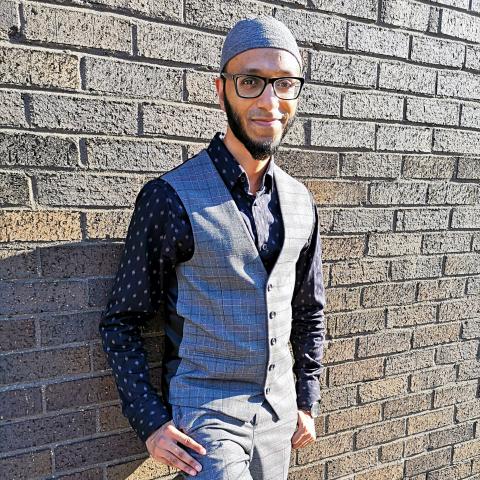We sit down with Spark Foundry UK's Head of Programmatic to discuss careers, programmatic trading and the future...
How did you start your career in programmatic?
Like most people it was by chance. Numerous applications and interviews after graduating, finally rewarded me with two job offers on the table. A choice between an IT support role and an analyst position within an area I had never heard of before applying. I went for the role which was within iProspect at the time, a month later AMNET was officially formed and I was one of the first employees...I think I made the right choice.
Which skills do you think are most important working in programmatic media?
Firstly a desire to learn is imperative, the programmatic space moves so quickly that it's important to keep moving with it. Being technically savvy and the ability to pick up new technology quickly is imperative. Analytical capabilities also form a significant component of the role, particularly when it comes to deciding on optimisations. The ability to quickly identify areas that can be improved and then taking the necessary actions to implement them can often be the difference between campaign success and failure. Atention to detail is also essential. So if you spotted the grammatical error in the previous sentence, that's a great sign!
If you were a client, what do you think would be most important to you about programmatic buying?
Having previously co-developed and delivered a programmatic course to clients, a deeper understanding of the strategies behind the buying process was always appreciated. Personally, if I put myself in a client's shoes - I'd relish the opportunity to speak to someone who had a deep understanding of how campaign optimisations and strategies were being made and implemented.
Name one thing you had to learn the hard way?
Managing people. I've been fortunate to have had some brilliant managers throughout my career to date. Nonetheless, taking on full line management duties has been far from straightforward. I adopted some techniques from former managers but there has been a lot of on-the-job learning. Having said all that, I’m still developing every day, particularly managing people virtually during lockdown!
What’s a media trend you would like to see disappear forever?
The misrepresentation of machine learning for AI.
What’s a cause that is important to you?
Promoting a more diverse and inclusive media landscape is incredibly important to me. The industry needs to work hard to promote a more diverse representation at the C-Suite level. Not only is it important to have leadership teams who are representative of their staff and the wider population, the aspirational and business benefits of a diverse workplace have been extensively documented. I've been part of a grassroots D&I group called The Collective which sits within Spark Foundry UK since last year. And whilst we've done a great job with internal education and events, we recognise there's still a lot of work to do in order to get the industry to where it needs to be.
What’s the best thing that has happened this year in ad tech?
The emergence of custom algorithms has created a bit of a buzz amongst the programmatic community. The opportunity to create an algorithm and tailor it towards the specific business objectives for a client is an intriguing opportunity.
What's the most common misconception about programmatic?
That programmatic is either inherently good or bad. Programmatic is merely a methodology through which media can be bought. Some people may exploit it, but programmatic buying exists to create an efficient and automated framework to source inventory at scale.
.
